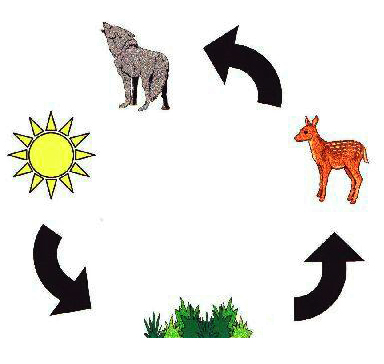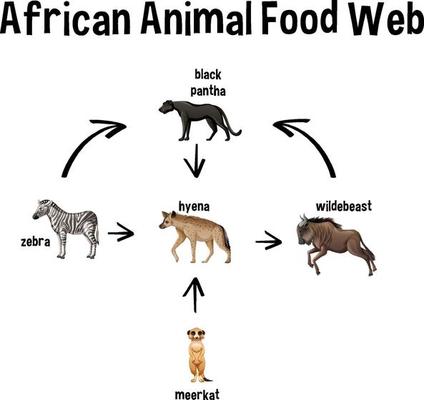Foodchains Biology Diagrams Abstract Food procurement can play an important role in sustainable food supply chain management by zoos, linking organizational operations to the biodiversity conservation and sustainability mission of zoological collections. This study therefore examines the critical factors that shape sustainable food procurement in zoo and aquariums. Ten years ago, the culling of a healthy two-year-old giraffe, Marius, and its feeding to lions at the Copenhagen Zoo triggered a vigorous international debate regarding what zoos should do with their surplus animals (1). Unlike their wild counterparts, zoo populations are not exposed to predation and food shortages, and they're less affected by diseases and other threats. In addition By integrating ethical considerations into the data science process, zoos can build trust with the public and other stakeholders, including staff. 4 Integrating data science into zoo animal welfare Data science offers opportunities for improving day-to-day zoo operations.

Early in the pandemic, the Neumünster Zoo in northern Germany coolly announced an emergency plan to cope with lost revenue by feeding some animals to other animals, compressing the food chain at

Different artificial feeding strategies shape the diverse gut microbial ... Biology Diagrams
Captive otters raised in zoos are fed different artificial diets, which may shape gut microbiota. The objective is to evaluate the impacts of two different artificial diets on microbial communities and function capabilities and short-chain fatty acid (SCFA) profiles in healthy otters' feces. Students will analyse food chains and food webs to understand the impact it could have if a species is lost or introduced into the ecosystem. This understanding highlights the importance of healthy ecosystems and the need for conservation programs at Zoos Victoria. Do zoos replicate animals habitats? Yes, zoos aim to mimic animals' natural habitats while prioritizing human safety. 1. Zoos use various methods like landscaping, artificial structures, and behavioral enrichment to replicate the natural environments of the animals. 2.

Purpose The purpose of this paper is to assess the sustainable food procurement (SFP) of members of the British and Irish Association of Zoos and Aquariums (BIAZA). It also considered the inconsistencies between their animal and human food supply chains, as well as between their procurement priorities and practices. This ethical discourse specifically deals with dilemmas encountered within zoological institutions, namely for the concept of natural living, and a new term—wilding. Wilding refers to extrapolation of the natural living concept to treating an animal

